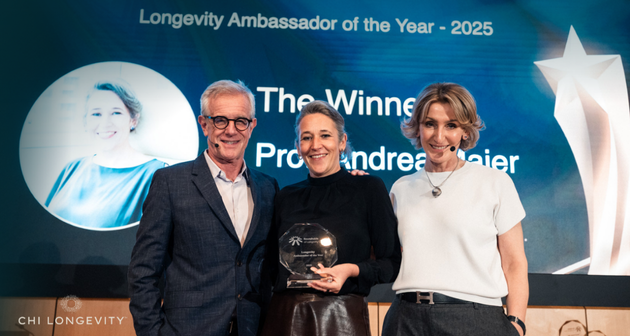“Health span” refers to the years that a person can expect to live in generally good health — free of chronic illnesses and cognitive decline.
Humans have enjoyed an unprecedented increase in lifespan over the last century. Through advances in medical science, many can expect to live life well into their 80s, 90s, and beyond. However, this increase in lifespan has not come without consequences. For many, a significant stretch of life now occurs over the age of 65, when the risk of age-related diseases increases dramatically. In the UK, for example, many people over 65 will be affected by arthritis (62.6%), followed by high blood pressure (55.9%), respiratory disease (24.4%), cancer (23.7%) and diabetes (21.6%) [1]
Extending the healthy lifespan of humans has long been a pursuit at the forefront of scientific and medical research, aiming to enhance not just the number of years one lives but also the quality of those years. Health span is a crucial metric because it emphasizes the importance of maintaining vitality and functional capabilities as people age. Simply living longer is not sufficient if those additional years are marked by chronic illness, diminished cognitive function, or reduced mobility. The goal is to compress the period of morbidity, ensuring that individuals not only live longer lives but also experience a higher proportion of those years in good health.
Advancements in understanding the molecular mechanisms of aging, coupled with innovations in medical interventions, lifestyle modifications, and preventive measures, are collectively contributing to the conversation. By addressing the root causes of age-related diseases, promoting healthy behaviours, and developing targeted therapies, we may be able to foster a society where ageing is synonymous with prolonged vitality rather than weakness and decline.

At Chi Longevity we are taking a proactive approach to optimising health before disease occurs. We use the latest diagnostics including genetic, epigenetic, metabolic, inflammation and microbiome measures or “clocks” — to identify your biological age before formulating a bespoke treatment plan. These interventions include geroprotectors (protection from ageing), specialised therapeutics, supplements and personalised lifestyle modifications based on your unique clinical, molecular, and epigenetic fingerprint. To maximise results, we regularly remeasure your biological age and adapt the interventions accordingly.
Optimise your health span and prolong your quality of life for as long as possible.
[1] The National Institute of Health & Care Research (NIHR)







.png)
.png)
